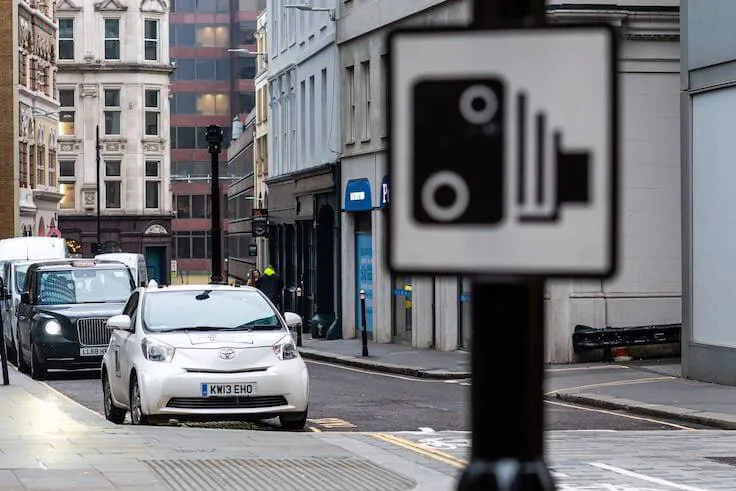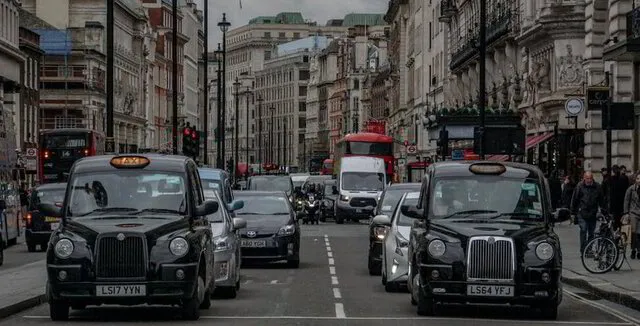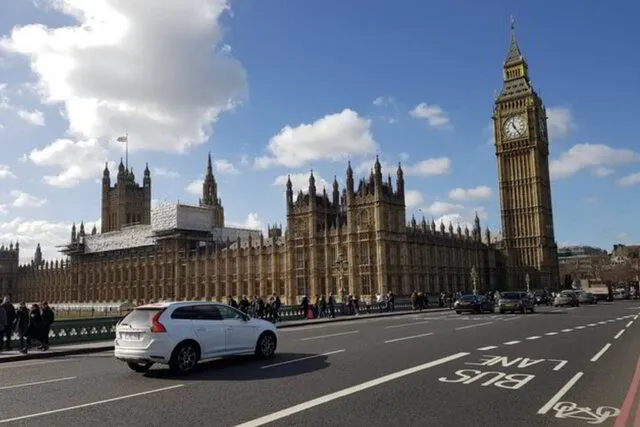Fixed penalty notices can be issued for a variety of motoring offences. These notices can commonly involve situations with photographic evidence, for example, speeding, traffic light violations, right/left turns, or failure to comply with yellow box junctions, driving without insurance, or using a mobile phone.
The fixed penalty is a ‘conditional’ offer, and for many offences will comprise 3 points and a £100 fine. More serious offences attract more points plus a larger fine, for example driving without insurance.
For the police and courts, fixed penalty notices save on admin. They also resolve matters without a court appearance - an aspect that also appeals to many offenders. Be aware that you can't bargain for a less severe punishment after accepting a fixed penalty. Acceptance is final. You can use the 28-day acceptance period to consider your options if you have doubts.
The Difference Between a Fixed Penalty Notice and a Notice of Intended Prosecution
A Fixed Penalty Notice is an alternative to prosecution before the Court. It entails a fine and penalty points. It was first introduced in the 1950s to address infractions of minor parking laws. The 1988 Road Traffic Act included Fixed Penalty Notices for various infractions.
If you are stopped by the police & spoken to at the scene of an incident, the police would normally give a verbal warning of prosecution and/or a Traffic Offence Report (TOR). It’s rare for them to issue a Fixed Penalty Notice at that stage.
You won’t receive a court summons if you admit guilt by accepting a Fixed Penalty Offence (FPO). Points will then be added to your licence and you will need to pay a fine. In some circumstances you may still be required to attend court - for example, because the offence is serious, or the points are variable, or because you’ve reached the maximum number of allowable points. In that case you cannot accept the FPO.
A notice of intended prosecution is a warning that the driver of a vehicle is alleged to have committed an offence and may face prosecution. Receiving this notice doesn't automatically mean the driver will face prosecution.
If you are the registered keeper of the vehicle in question, then you must receive the Notice within 14 days of the offence. However, this isn’t always the case. For example, if the alleged offence is based on video taken by a member of the public, the 14 day rule does not apply. You may also receive a notice orally or get a court summons in the mail for the alleged offence within 14 days. Unless they intentionally mislead the potential defendant, minor errors do not render the notice useless.
A Notice of Intended Prosecution sent via First Class post is deemed served two days after posting. A person would be considered to have received the Notice if it was posted to them at their last known address, regardless of whether the Notice was returned as undelivered or was not received for any other reason. Until the contrary is proven, a posted notice of intended prosecution is assumed to have been served.
How Fixed Penalty Notices are Issued
You may be issued with a notice on the spot, although it’s more normal for the police to deliver them by post, after the event (in the case of being caught speeding, for example). In such a case, you’re required to provide the driver’s details by way of a response to a NIP not an FPO.
As noted above, if you are served with Fixed Penalty and admit guilt, you can generally avoid a court summons (apart from some exceptional cases).
Disputing the Fixed Penalty Notice
You have 28 days to accept the ‘conditional’ offer. If you do not want to accept the Notice or its terms you can either reply explaining why that is or, let it lapse by passage of time. You should give careful consideration to this process. If you ignore the Notice, Court proceedings are inevitable. The points imposed remain the same, but the fine may change, as that is based on net income. You also have to consider prosecution costs plus a Victim Surcharge.
Challenging the Offence
If you accept the fixed penalty, you lose the opportunity to contest the offence. Bear in mind that money payable under a Fixed Penalty Order will usually be less than a fine. The only ‘conditional’ aspect to it is you being eligible to accept it.
Some people mistakenly believe Fixed Penalty Notices equate to 3 points and a £100 fine. However, offences relating to insurance or mobile phones will leave you with 6 points and a £300 fine. There is no leeway in this, so a mitigation plea is irrelevant. If you don’t accept the offer a Court summons will be forthcoming.
Begging to Withdraw the Notice
You may have heard stories of people who claim they were able to avoid a Fixed Penalty Notice by begging for mercy. This is not possible. If you decide not to accept the offer, you must be prepared to state your case before the Court. It would be prudent to seek legal advice from a motoring lawyer before going down this route.
Demanding Evidence
As already stated, if you don’t accept the offer of a Fixed Penalty Notice (even though eligible) this will result in a summons being issued. In this case the prosecution is then required to provide you with evidence. This should be delivered as soon as possible, but in any event no later than seven days before the court date.
The significant point is that there is no legal requirement to reveal evidence prior to a summons being issued. As disclosure is dealt with by the Crown Prosecution Service (CPS) or Police Prosecutions, a Fixed Penalty Notice will not be delivered with supporting documentation.
Failure to Pay and When to Seek Legal Advice
You cannot accept the offer if you cannot abide by its conditions, which include paying within 28 days immediately. You will need to request a court summons if you need more time to pay, but it is unlikely that the fine will be reduced, and you will likely also have to pay additional expenses.
If you accept that the allegation is correct and you intend to plead guilty, then points will be added to your licence and you will have to pay a fine. It is still worth discussing your case with a legal representative, in case they might be able to put forward a counter argument. However, no such argument will result in the points being reduced.
Conclusion
A Fixed Penalty Notice presents an alternative to prosecution before a court, which can be a lengthy process. It's different from a notice of intended prosecution, which is a warning for possible prosecution. If you do not accept a Fixed Penalty Notice you may end up with a harsher punishment.
If you have any doubt or want to dispute the allegation, call me at 0151 601 3743 for a free initial consultation.



